Whether you are sitting on a beach somewhere, spending time with family or friends, or still hard at work, our editorial team has chosen their own top recommendations for your summer reading.
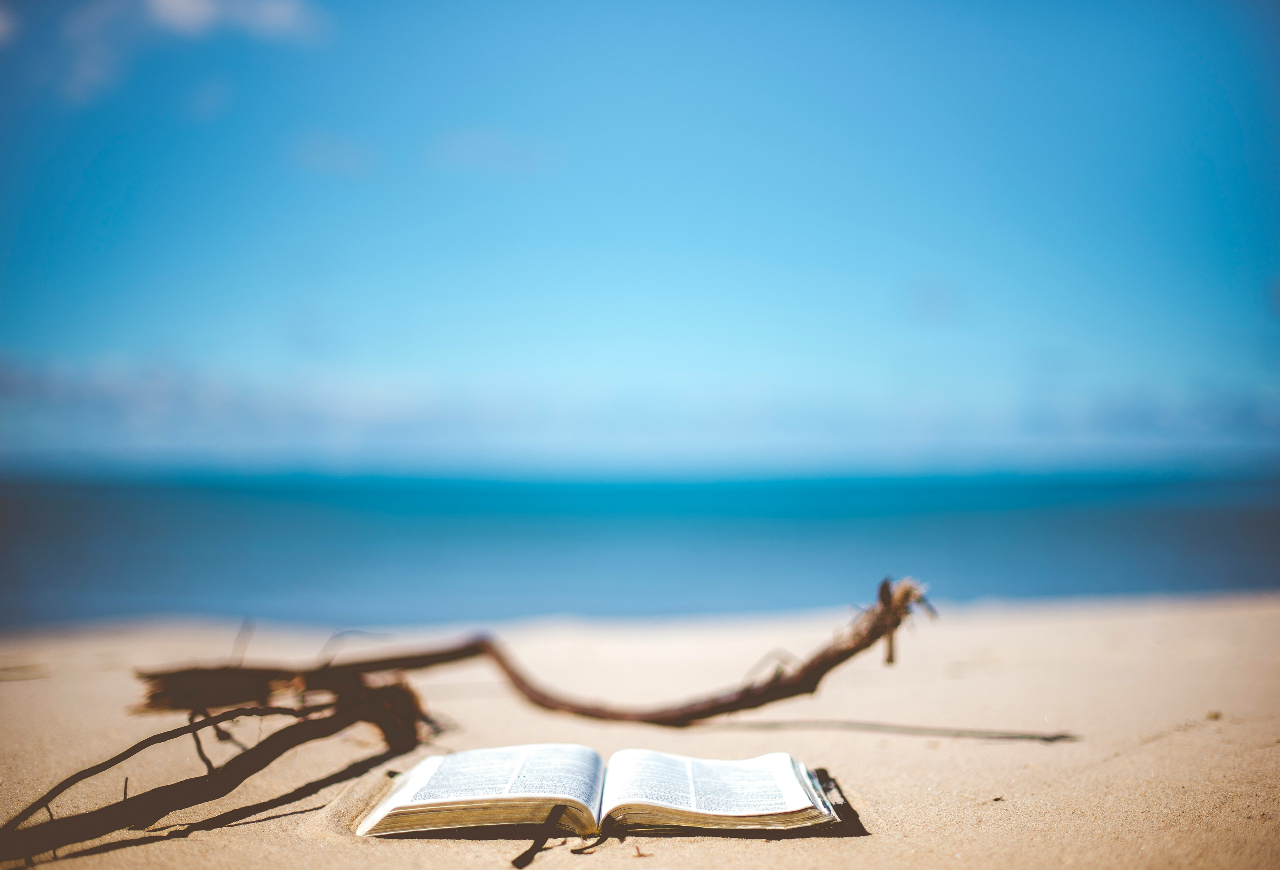
What do you like to read over the summer? For some, it is a good crime novel or interesting fiction. Others amongst us like to read something more factual or analytical. Whether you want to educate yourself about a new topic or theme, or get lost in a good story, Impact Investor’s editorial team has picked out some of our favourite summer reads that we think our readers will enjoy as well.
Our recommendations range from both new to more classic, they are both fiction and non-fiction, and they all touch on themes that will play a role in how we think about impact investing in the future, whether it is around climate, environment, globalisation, migration, or more.
Paula Garrido’s pick: The Shortest History of Migration by Ian Goldin (Non-Fiction)
As an accidental migrant, I have always been fascinated by the movement of people throughout history. The reasons why we move, whether planned or unplanned, the ways we integrate and contribute to our new countries, and how we are perceived, vary greatly depending on a wide range of factors, from background and skills, to race, religion or cultural differences.
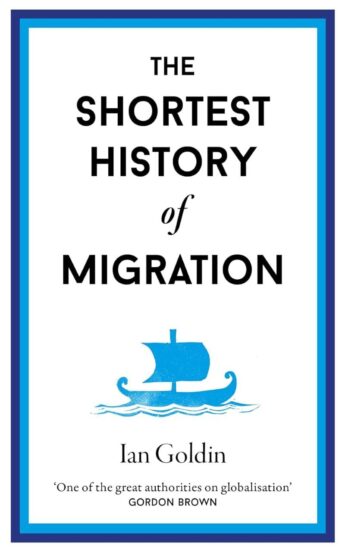
In The Shortest History of Migration, Ian Goldin offers a concise and comprehensive overview of human migration from prehistoric times to the present. Goldin, a professor of globalisation and development at the University of Oxford, analyses the impacts of empire, slavery and war, and addresses some of the challenges we face today such as the rise of nationalism and barriers to migration.
The book begins with a poignant reminder that we are all migrants: “Even if you are not a migrant, your ancestors were. If they had not migrated, you would not be alive.” This is a great, short book about human development and our place in the world.
Maha Khan Phillips’s Pick: Flight Behaviour by Barbara Kingsolver (Fiction)
There is a reason that Barbara Kingsolver is one of the most renowned and celebrated writers today. While we could have many conversations about her richly descriptive prose or the way she so finely etches her characters or deals with complex themes, it is just one of her books, Flight Behaviour that I am recommending for our Impact Investor readers.
The novel intertwines a story of personal growth with urgent ecological themes and should be a call to action for anyone who cares about climate change.
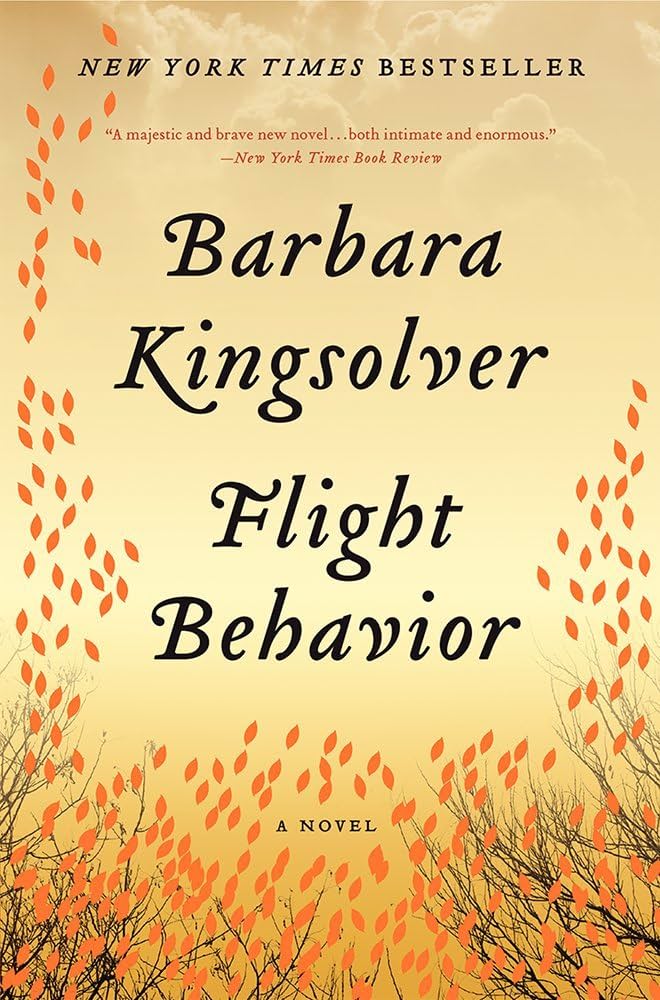
Dellarobia Turnbow is a disillusioned farmer’s wife in the southern Appalachians, whose discovery of a “lake of fire” in a “fierce and wondrous” forest she thinks is burning, changes her life and that of her community. The fire is actually a gathering of millions of Monarch butterflies whose migration is disrupted due to shifting weather patterns. The butterflies are facing extinction, their very presence a poignant metaphor for how far reaching the consequences of human actions have been and how delicate the balance of our ecosystems.
This is a novel that calls for environmental stewardship, even as it explores the self-discovery and growth of its main character. It provides a rich tapestry of landscape and setting, offers up a poignant tale of the human evolution, and is a thought provoking tale of individual and collective responsibilities when it comes to the future of our planet.
Karolina Adamkiewicz’s pick: Why it’s time for Doughnut Economics by Kate Raworth (Non-Fiction)
IPPR Progressive Review, Volume 24, Issue 3: The road to ruin? Making sense of the Anthropocene, Dec 2017, Pages 163-258
Across the globe, the limitations of a world fixated on never-ending gross domestic product growth (GDP) and its consequences, from the overconsumption of finite natural resources to the widening inequality gap, are starting to be understood. But what alternative is there?
Kate Raworth, an English economist, senior associate at Oxford University’s Environmental Change Institute and professor of practice at Amsterdam University of Applied Sciences, argues that the economics taught in schools today “rooted in the textbooks of 1950” and “grounded in the theories of 1850” are dangerously out-of-date. She puts forward a new economic model fit for 21 century realities, the Doughnut of social and planetary boundaries
Shaped like a doughnut, the hole in the middle captures the global social challenges facing the world, echoing the 12 social priorities outlined in the UN’s SDGs, such as gender equality, political voice, food, water and healthcare. On the edges of the doughnut’s outer circle are the nine planetary boundaries, a framework to describe the limits within which humanity can safely operate, identified by scientists at the Stockholm Resilience Centre and the Australian National University. In the doughnut-shaped circle between these two lies the sweet spot and “a possible future for humanity”.
Raworth offers seven ways “to think like a 21st-century economist” and move from a paradigm of growth to one in which the needs of humanity are met and the world’s fragile ecosystems protected, including changing the mindset of governments and financiers from one that is growth-addicted to one that is growth-agnostic. Afterall, as Raworth rightly states “nothing in nature grows forever.”
Danielle Rossingh’s pick: The Earth Transformed. An Untold History, by Peter Frankopan
At 661 pages, The Earth Transformed. An Untold History, by Peter Frankopan, professor of global history at Oxford University, is by no means a light beach read. In this 2023 book, Frankopan looks at history through the lens of our natural environment, showing how solar activity, volcanic eruptions, droughts and floods have shaped the world we live in today.
Take, for example, the fall of the Akkadian Empire, located in present day Iraq. Around 2250BC, this civilisation collapsed after agricultural failure led to internal conflict and famine in what has since become known as “the curse of Akkad”. According to Frankopan, climate data suggests the downfall, after a century of prosperity, may have been triggered by a sudden change in the climate: a so-called “evaporation event” that caused severe drought, followed by several centuries of aridity.
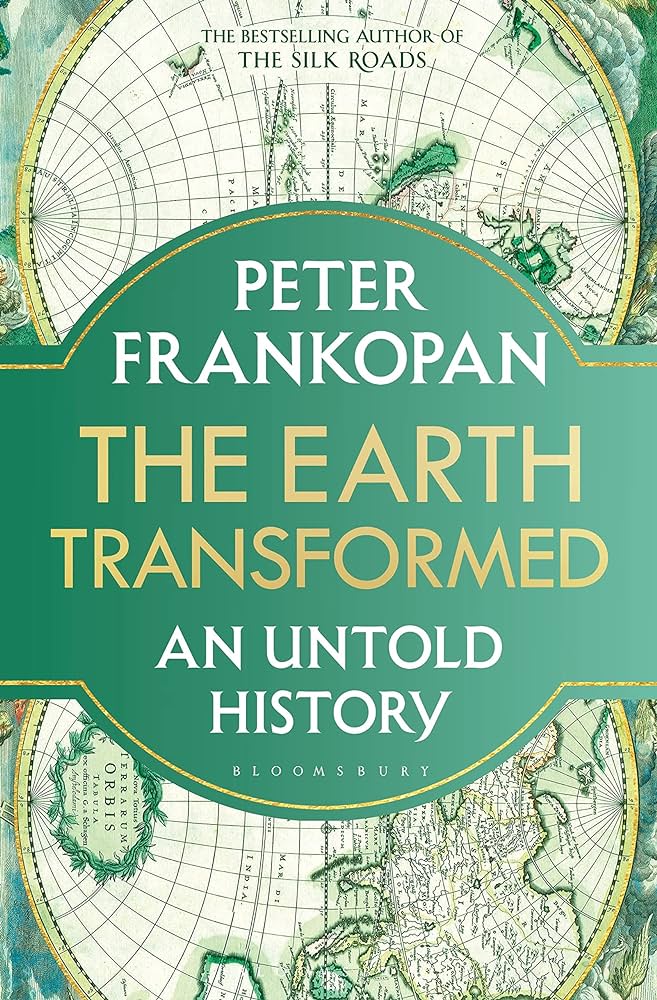
Ominously, Frankopan links the demise of the Akkadian Empire to the world we live in now. “Living in the shadow of impending environmental catastrophe, it serves as a stark warning of how mighty civilisations can fold in on themselves quickly and comprehensively,” Frankopan writes.
In the final chapter, Frankopan warns that the disaster that could wipe out humanity is now ourselves. Mankind is “living well beyond our means” Frankopan writes, pointing out that we need 1.6 Earths “to maintain the world’s living standards”.
So how will the problem of climate change be solved? Frankopan concludes it will be nature, and not human action, that will bring net emissions towards zero. That’s because “catastrophic depopulation” whether that be through hunger, disease or conflict, will drastically slash the human footprint, with the world moving closer to “the sustained, lush paradise of our fantasised past.”
This all sounds rather depressing, and Frankopan’s final sentence is a frank one: “Perhaps we will find our way back there through peaceful means; a historian would not bet on it.”
Krystle Higgins’ pick: Evenings and Weekends by Oisín McKenna (Fiction)
Evenings and Weekends is the debut novel of Irish author Oisín McKenna which is as nuanced and artfully structured as it is pacey.
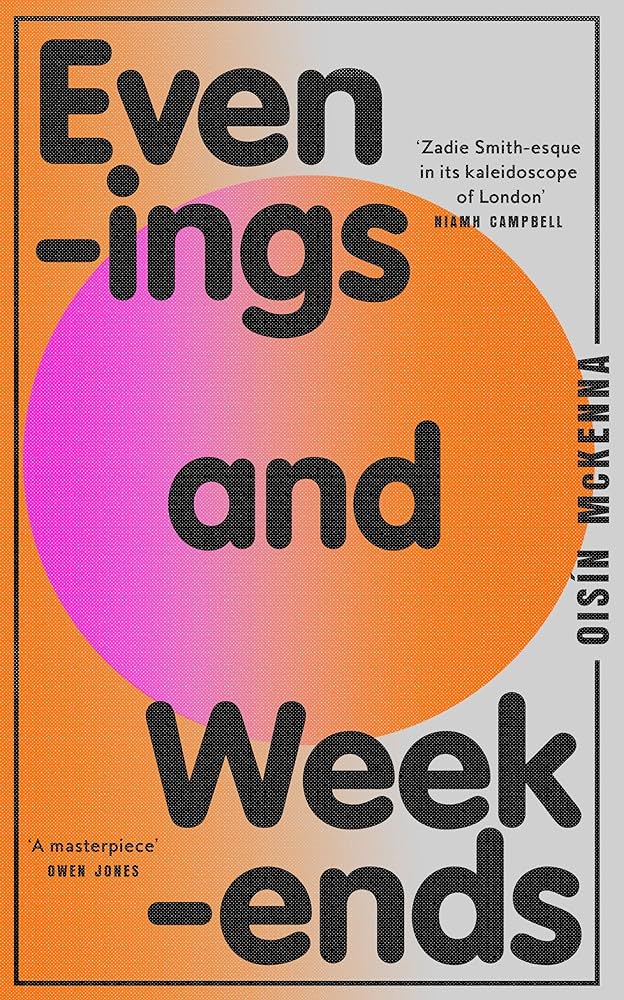
Set in London over one swelteringly hot weekend in the summer of 2019, McKenna manages to intertwine the story of a group of friends’ social, romantic and sex lives with an undercurrent of despair felt by some of the characters due to their precarious financial and housing situations.
A feeling further exacerbated by the totemic presence throughout the story of a whale that gets stuck in the Thames.
McKenna has managed to write a book filled with energy and humour while examining how insecure work and accommodation impacts young people’s lives – all against the backdrop of a summer heatwave which we now know resulted in almost 900 extra deaths across the UK that year. It’s a page turner which doesn’t shy away from interrogating how the changing fortunes of the cities and environments we are so dependent on dictate the quality of our lives.
Ian Lewis’ pick: The Scramble for Africa by Thomas Pakenham
A book the size of a doorstop on the colonial carve-up of Africa may not sound like the perfect summer read, but if you have an interest in an extraordinary period of history that helped define how the diverse nations of this huge continent look and function today, then The Scramble for Africa is worth seeking out.
Crucially, given the weight and complexity of the subject matter, it is a very readable and gripping account of how the European powers cajoled or bludgeoned their way across the continent in the name of the so-called “3 Cs” – Commerce, Christianity and Civilisation – during the last quarter of the 19th century and the first decade of the 20th century.
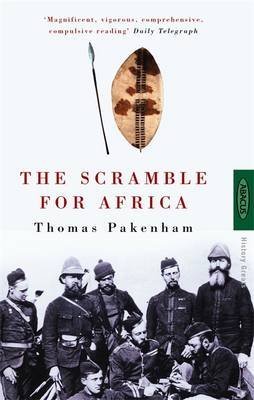
From an African perspective there was, of course, a fourth C, Conquest, which eventually predominated, resulting in the loss of thousands of mainly African lives from South Africa to Sudan, wherever the European powers met resistance.
The shockwaves generated on the continent then are still reverberate today across Africa and beyond, of course. In the book, first published three decades ago, Pakenham does a good job of explaining why and how those events unfolded, enhanced by pithy storytelling and vivid character portraits of some of the main protagonists on all sides.
A lot of books have been written on various aspects of colonial era Africa over the years, each with their own perspectives and insights. But few can match this one in providing an all-embracing and thoughtful account of a turbulent period of history.






